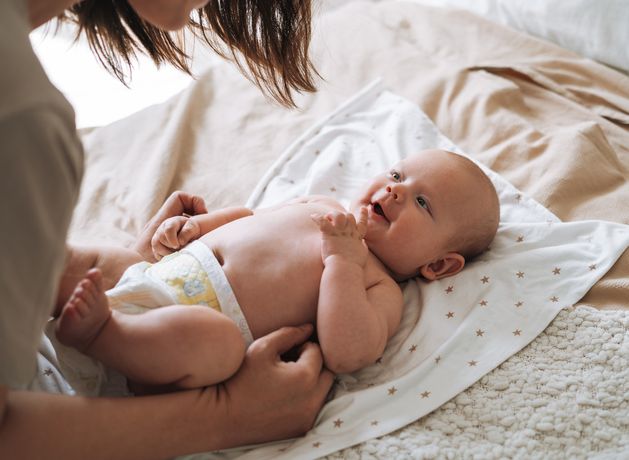Postnatal depression is a depressive illness which affects between 10 to 15 in every 100 women having a baby, the HSE estimates.
However, at least 80 weekly minutes of moderate exercise, such as brisk walking, water aerobics, stationary cycling and resistance training, can help to reduce the risk of new mothers developing major clinical depression.
The Canadian findings are documented in the British Journal of Sports Medicine.
Conventional treatments for depression and anxiety in the first weeks and months after giving birth mostly involve drugs and counselling, which are often associated with, respectively, side effects and poor adherence.
Previously published research suggests that physical activity is an effective and affordable treatment for depression or anxiety in general.
Greater volumes of exercise generally led to more significant reductions in the severity of depressive symptoms
However, the researchers say these benefits have not been conclusively linked to reducing the severity of the baby blues after giving birth.
They looked for relevant published studies that compared various interventions with exercise to treat depression and anxiety within the first year of giving birth.
In all, 35 unique studies out of an initial haul of 1,152, involving over 4,000 participants from 14 countries, were included in the review.
The frequency of exercise interventions ranged from one to five days a week, lasting anything from 15 up to 90 minutes a session.
They included aerobic exercise, strength training, stretching, yoga and combinations of these.
Data analysis of the study results showed that compared with no exercise, exercise-only interventions were associated with less severe symptoms of depression and anxiety after giving birth and an almost halving in the odds of developing major post-partum depression.
Starting the exercise routine in the first 12 weeks after giving birth was associated with a greater reduction in depressive symptoms than starting it later.
Greater volumes of exercise generally led to more significant reductions in the severity of depressive symptoms.
The authors stated that these findings can be applied to encourage safe, accessible and inexpensive mental health treatment options for new mothers.

